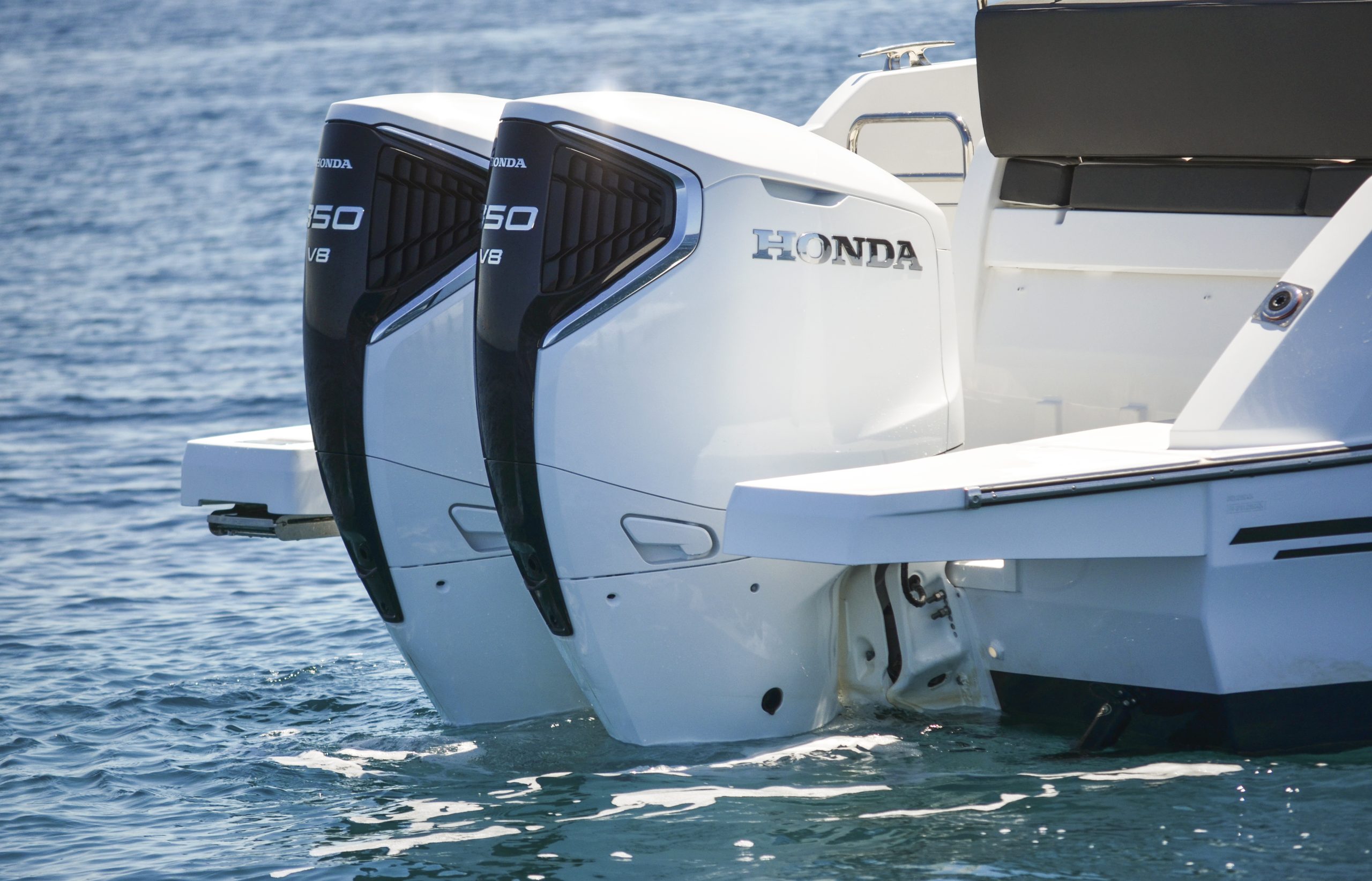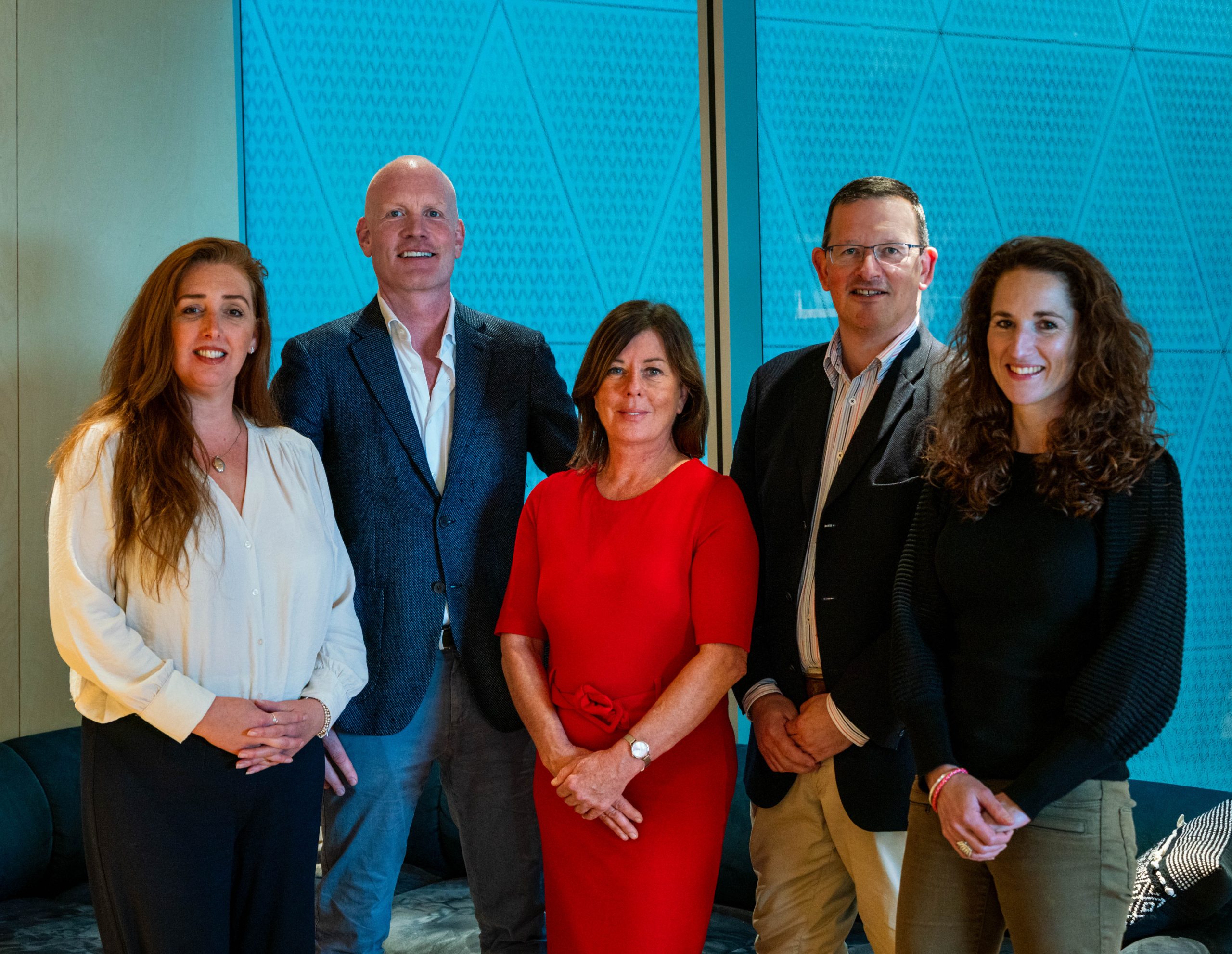
Viral advertising: keeping competitive in the time of COVID
Saltwater Stone’s Media Buying Account Manager, Izzi Birchall, comments: “Corporate organisations have had a great deal to mull over in recent months, not least the burden of rethinking their advertising strategies to address the radically different circumstances which were an inevitable consequence of global lockdown measures. Not unexpectedly, the initial contractions were swift and stern: weforum.org reported that ad expenditure throughout Europe was down by an average of 9%.”
“Ad expenditure throughout Europe was down by an average of 9%”
Nevertheless, to paraphrase the time-honoured words of Danish economist Ester Boserup, necessity proved to be the mother of (re)invention on all sides of this scenario.
Rationality and resourcefulness
Employers and employees on maritime trade journals which had the financial rug pulled out from under them didn’t have the luxury of giving in to delayed shock; and it’s a measure of their rationality and resourcefulness that so many were able to quickly adapt and respond as a successful means of remaining in contention.
During lockdown, with scarcely any retail outlets available, the magazine industry reacted in a number of intelligent and helpful ways. With the coronavirus outbreak cueing an expedient acceleration of a general trend, some periodicals (such as All at Sea) migrated from print to a digital platform, enabling readers to have their monthly read delivered straight into their inboxes. Many publications offered free access to their digital archives; a welcome service for furloughed workers who suddenly had time on their hands, with the fortuitous by-product of driving traffic to magazines’ online portals.





